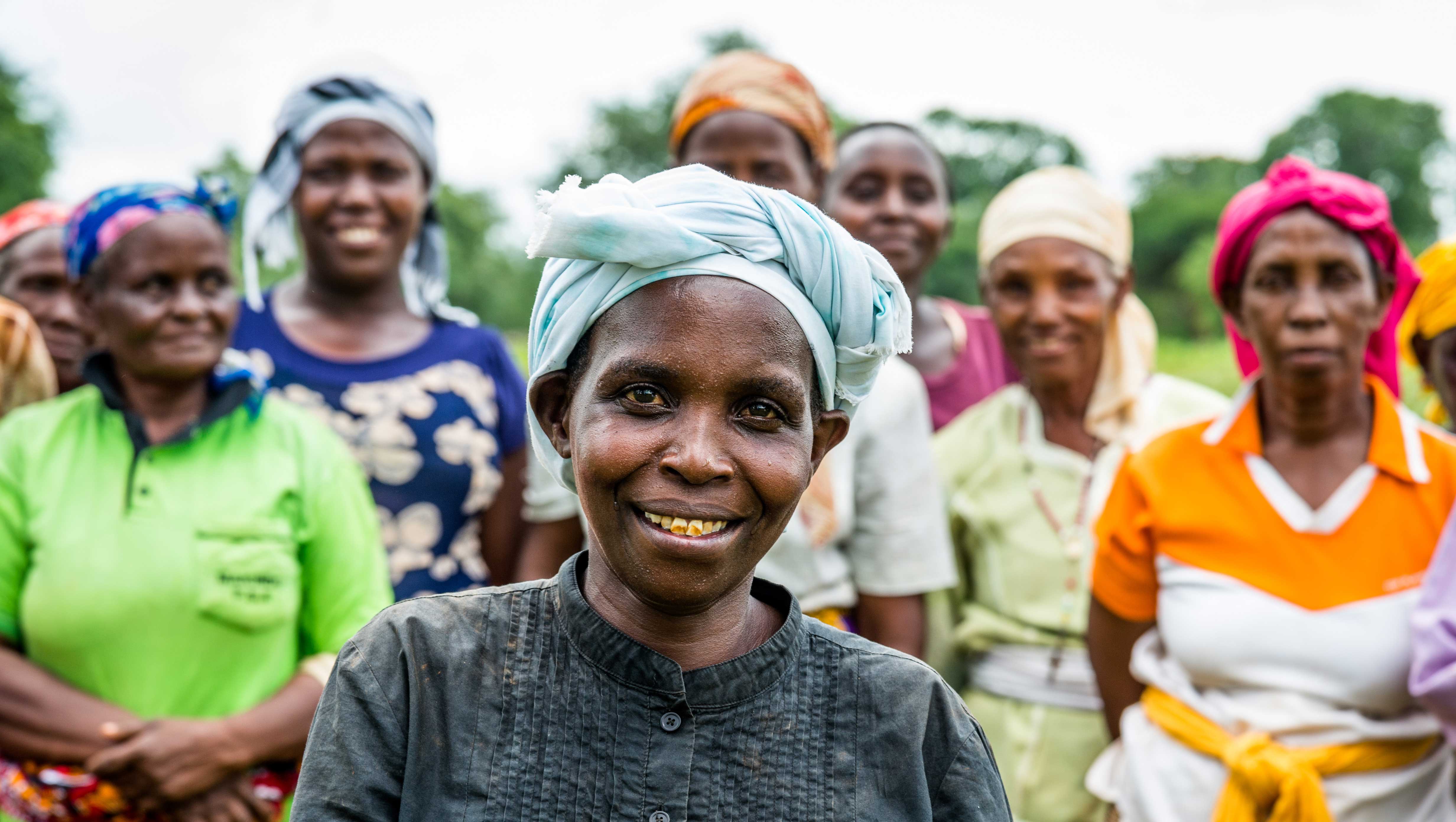 The World Bank and Rabobank Foundation are teaming up to strengthen financial cooperatives in rural areas to improve financial services for smallholder farmers and agricultural SMEs.
The World Bank and Rabobank Foundation are teaming up to strengthen financial cooperatives in rural areas to improve financial services for smallholder farmers and agricultural SMEs.
Financial services in rural areas are scarce and expensive. Servicing smallholder farmers spread across wide geographical areas isn’t attractive to mainstream financial institutions as their transactions are small, their cash flows seasonal and returns on investments can be risky due to potential crop failures or weather calamities.
To get access to savings and credit, rural households and farms often establish cooperative financial institutions (CFIs). While CFIs have a strong local presence and knowledge, they often have weak institutional capacity and governance, lack access to information technology, and suffer from political interference. Also, the laws regulating CFIs are often inadequate and supervision is weak, all of which hampers CFIs’ ability to deliver financial services. Often, CFIs don’t fall under the purview of the main financial sector regulator and supervisor, but of other entities that don’t always have the required capacity and expertise.
Helping CFIs to professionalize and achieve scale can help integrate them into countries’ formal financial system, which will better serve smallholders, agricultural MSMEs and rural households. For example, CFIs in Brazil, Kenya and the Netherlands have been able to consolidate their organizations while expanding operations, and today are significant players in their countries’ formal financial system.
The World Bank-Rabobank Foundation collaboration will focus on strengthening viable local CFIs, potentially integrating them or consolidating them into fewer, sustainable, efficient entities that can better serve their customer base and contribute to the development of rural economies, agrifinance and financial inclusion.
The idea for intensified cooperation on CFIs is based on the experience with a program in Albania, where Rabobank and the Irish League of Credit Unions Foundation are supporting the consolidations of two local CFI federations, while the World Bank is supporting the Bank of Albania in reforming the CFI and the deposit insurance laws. Thanks to a coordinated and coherent approach in which laws and applicable regulations provide clear incentives to consolidate a sector accompanied by suitable technical assistance, over 100 small rural CFIs have merged into two new entities that are well positioned to efficiently provide their members with a wider range of financial services.
Our next step is to replicate and pilot this approach in two or three countries, where CFIs are ready to consolidate to establish a strong local formal financial institution and where local authorities and relevant financial regulators are ready to implement reforms which will foster the consolidation.
Some countries we are considering for this include Colombia, Cote d’Ivoire, Democratic Republic Congo, Haiti Madagascar, Myanmar, Philippines and Tanzania.
While we will be coordinating initially the activities on a bilateral basis, it is envisioned that a steering committee may be set up at a later stage, possibly incorporating other parties such as IFC and others.
To implement the activities, funding will be sought from different sources, many of which enjoy a decisive support by the Dutch government, which is also very sympathetic to this initiative:
- The GAFSP and CASA programs, which are operated by IFC as well as the Dutch Government / Rabobank PPP facility shall contribute to carry out the CFI sector diagnostics and the implementation of the strategic plans
- The FIRST and FISF trust funds may support regulatory and supervisory reform
- Rabobank Foundation and FIRST may provide part of the funding required for the activities of the center of excellence


Join the Conversation